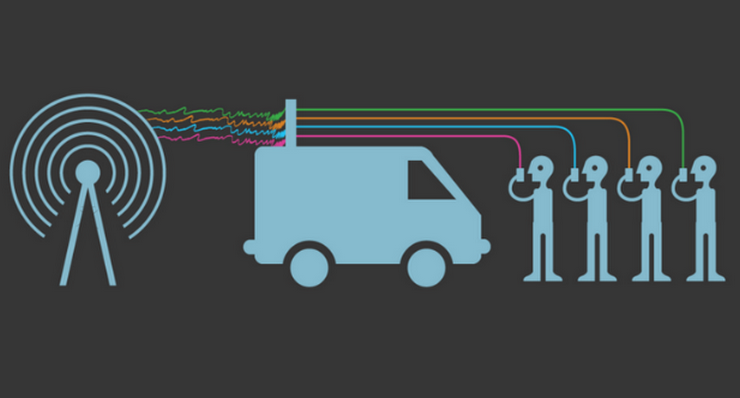
A Cellular Site Simulator (CSS), also known as an International Mobile Subscriber Identity (IMSI) catcher or a Stingray, mimics a cell phone tower and tricks nearby mobile phones into connecting to it.
The simulators are among the latest law enforcement technology to come under fire by activists concerned about the possible erosion of the Fourth Amendment, which provides a reasonable expectation of privacy.
“Let’s be clear: this is a powerful new spying tool,” said Planning Commissioner Rick Cole, formerly a City Manager in three Southern California cities. “There are three considerations for the Public Safety Committee and the Council. First, what is the balance Pasadena will strike between privacy and law enforcement tools? Second, who will decide that balance and will the decision-making process be transparent? Third, who will monitor this?”
“With every new power comes new responsibility. Should considerations like this be within the scope of the new Community Police Oversight Commission to provide advice to the Council? I think all Pasadenans will sleep better if the Council ensures adequate checks and balances are put in place at the outset instead of waiting for potential abuse to trigger oversight after the fact. Then it’s too late to avoid controversy, lawsuits and real harm.”
Pasadena Now made multiple attempts for further information from the Pasadena Police Dept. about this technology and its use in Pasadena, but Dept. officials declined to comment.
However, in its presentation prepared for the Committee, the department said the CSS is not a violation of privacy laws, and there is no ability to listen to calls or read content.
The device would only used when legally authorized and allowed, and search warrants are required, which a judge has to approve and sign, according to the Department.
It only pinpoints the target’s handset, and not any other device.
The funding for the cellular site simulator has reportedly been identified through asset forfeiture and not from the City’s General Fund. Asset forfeiture is a legal process by which law enforcement agencies take assets from people involved with crime or illegal activity while ensuring that due process rights of all property owners are protected.
The American Civil Liberties Union called the CSS device “mass surveillance technology” and said it raises “significant concerns about civil liberties and privacy.”
“In recent years, federal, state, and local officials have increasingly used mass surveillance technologies for domestic criminal and immigration enforcement – raising significant constitutional, privacy, and civil liberties concerns,” the American Civil Liberties Union said in a statement.
“Specifically, authorities are now using cell site simulators – originally designed for military use –domestically as a way of collecting unique information about mobile devices in a given area, tracking the location of phones, and intercepting the content of certain communications. The Department of Justice, Department of Homeland Security, and more than 50 state and local agencies have purchased these devices.”
Once connected, a CSS can intercept and collect data from the phone, including location data and potentially identifying information.
Police use the devices to locate suspects when they already know their phone’s identifying information or to scoop up data on anyone in a specific area.
The device is typically installed in a vehicle. Once the cell phone is tracked to a general location, a handheld device is used to track the cell phone to a specific room or person.
The device has been used with success to catch criminals in other places.
In 2015, USA TODAY reported that police in Baltimore and other cities used the phone tracker to apprehend criminals suspected of a wide range of crimes from homicide to petty theft.
There are numerous other similar “success” stories. Police say it can also be used to help locate missing persons.
Over the past several years, local activists have railed against technology that tracks gunshots and automatic license plate readers.



















